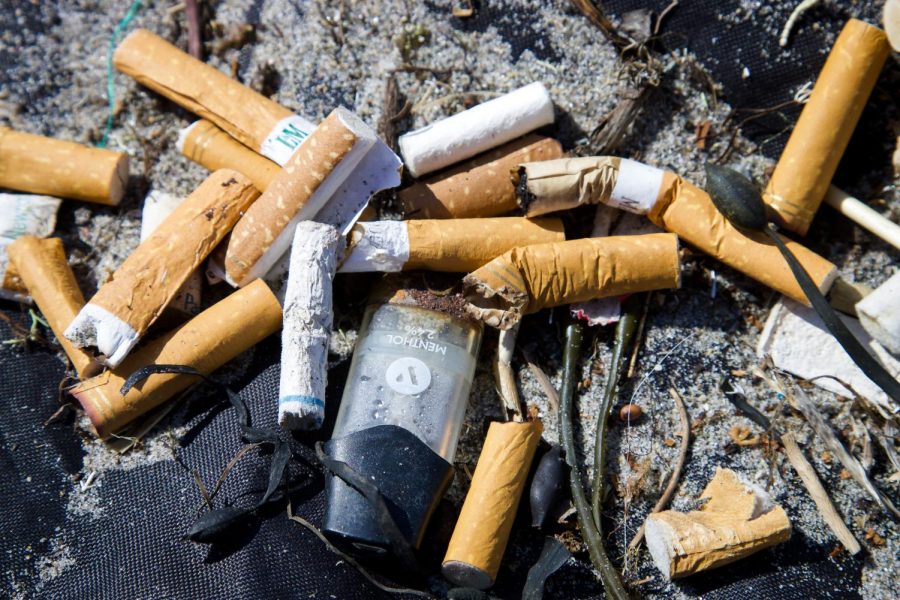Fordham Hosts Annual “The Great American Smokeout”
In 1970, Arthur P. Mullaney, a high school guidance counselor, asked students in Randolph, Massachusetts to give up cigarettes for one day. He challenged them to donate the money they would have spent on cigarettes to a high school scholarship fund. When newspaper editor Lynn R. Smith caught wind of Mullaney’s efforts, she led Minnesota’s first “Don’t Smoke Day.”
Then, in 1976, the California Division of the American Cancer Society led efforts to get one million people to quit their smoking habit for the day, taking the first official “Smokeout” nationwide in 1977.
Every year, on the third Thursday of November, the American Cancer Society holds the Great American Smokeout to encourage smokers to quit smoking. It is easy enough to tell a smoker to quit — even easier to tell them that smoking will kill them.
However, the “Great American Smokeout,” hosted annually by Fordham University, makes use of one important technique to reduce smoking on campus: support.
According to Health Services at Fordham, “research shows that smokers are most successful in kicking the habit when they have support.”
In essence, the Great American Smokeout shows college students their support system on campus, as well as tools like stop-smoking groups, online quit groups, counseling, nicotine replacement products, guidebooks and so many more.
On Thursday, Nov. 18, the Great American Smokeout will take place in McGinley Lobby at Rose Hill and Lowenstein Plaza at Lincoln Center. Tables will be set up with information about the impacts of smoking and ways to quit.
With staggering statistics about the clear negative health effects of smoking, the Great American Smokeout is held to make the bottom line clear: it’s hard to quit, a challenge that many find nearly impossible.
It’s no secret today that tobacco products can be lethal, as cigarettes and other tobacco products contain highly addictive nicotine and a slew of other chemicals.
The American Lung Association exposed the additives in vape and e-cigarette products: propylene glycol, which is used to make products like antifreeze and paint solvent, benzene, a volatile organic compound that is found in car exhaust and other chemicals like heavy metals, tin, nickel and lead.
The fact that vape products and other e-cigarettes are marketed as a healthier alternative to smoking has led many young people to pick up a smoking habit. 71% of college students in the United States say they have used e-cigarettes or other vaping products.
Smoking on campus is still an extremely prevalent issue, made clear by select smoking stations on campus. Fordham’s Office of Residential Life, in its Student Handbook, makes it clear that smoking policies at Fordham are in accordance with New York State law. These guidelines state that smoking is prohibited inside all Fordham buildings, including classrooms, residence halls, hallways, elevators and lobbies.
When asked about the smokeout event’s overall effectiveness, Maureen Keown, the director at Health Services, said, “The Great American Smokeout gives us an opportunity to promote awareness of the dangers of smoking and the long term risks it has to one’s health. By educating students on the dangers of smoking, we are hopeful that we may have a positive impact on them and offer them a plan going forward and the support they need to quit for good.”
Through the Great American Smokeout and other resources and programs, the American Cancer Society invites people to challenge themselves to quit smoking for one day and offers plans for staying away from smoking the next day, the next week and the next year.
Instead of making the journey of quitting smoking a solitary one, The Great American Smokeout provides the kind of support often necessary to quit.










































































































































































































